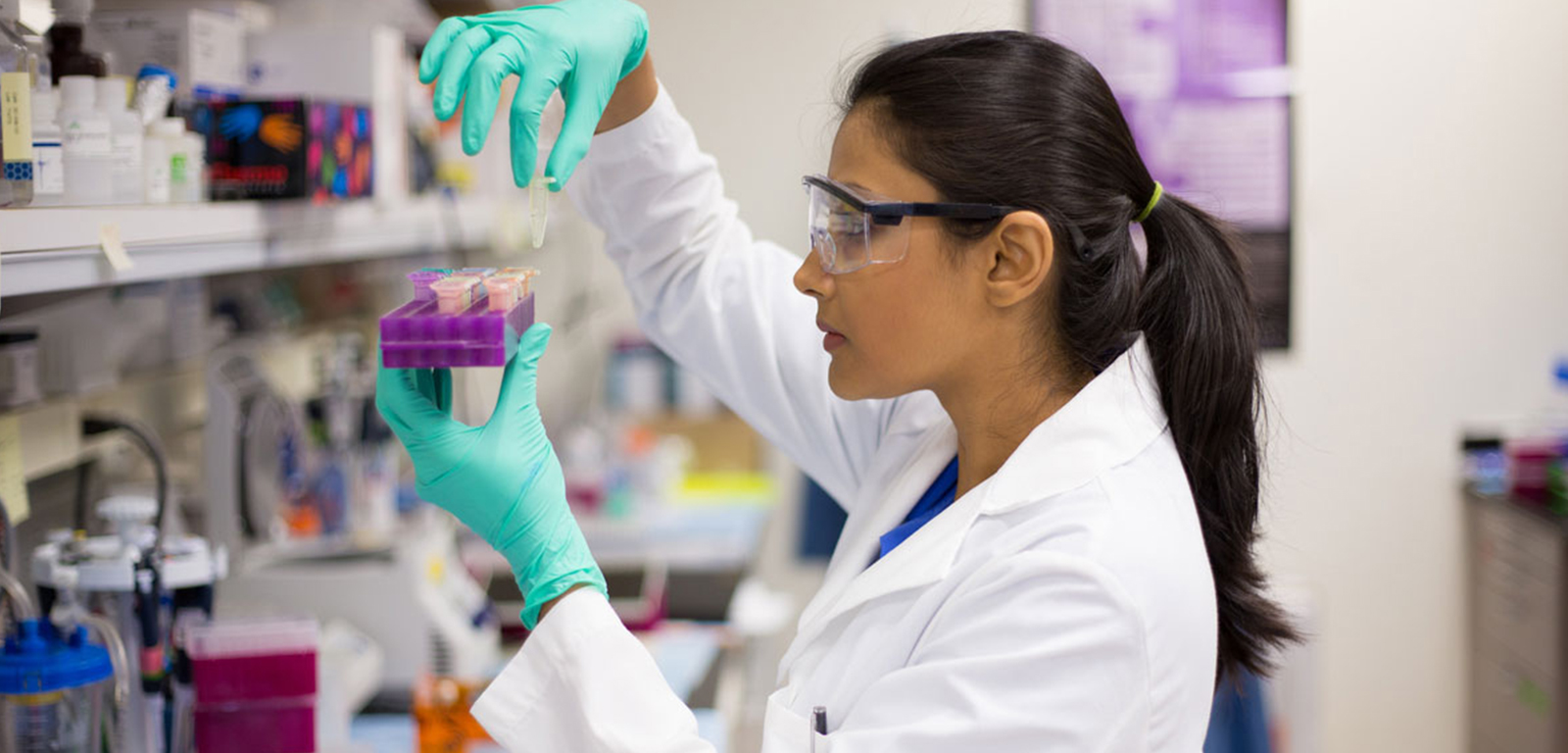

Admission is selective and requires that potential students fulfill all College admission requirements. Applicants for the program must have:
High school diploma or general education diploma (GED).
A minimum of one year of high school biology and chemistry or their applicable equivalents within the last 10 years with a grade of “C” or better.
Applicants must demonstrate readiness for ENGL101 and FMNT 118 as determined by the College’s placement or by successfully completing identified developmental course work.
Applicants must be 18 years of age on or before the first day of the semester in which they begin the program.
Applicants who complete and meet the aforementioned requirements will be eligible to continue in the admissions process and will be contacted, via e-mail, concerning the scheduling of an admissions interview with the Program Director (or designee). A scheduled interview does not guarantee admission. Upon completion of the admissions interview, the Program Director (or designee) will review and score all applicants with particular attention to:
Cumulative grade point average
Strength of secondary/post-secondary academic curriculum
Allied Health pre-entrance examination score
Personal interview
Minimum grade point average of 2.25
SAT score: A minimum score of 560 in English and 510 in mathematics, taken within the last five years.
ACT score: A minimum of 21 in English and 17 in mathematics, taken within the last five years.
AP English Lit/Com Exam: A score of 4 or 5 on the AP Exam
AP Calculus AB or Calculus BC exam: A score of 4 or 5 on the exam, taken within the last five years.
IBT (internet based TOEFL): A minimum score of 77 overall and a 20 in writing, taken within the last two years.
IELTS score: A minimum of 6.0 overall and a 6.0 in writing, taken within the last two years.
An official transcript from an accredited U.S. college or university: indicating you have earned a U.S. college degree or have passed college-level English or math with a grade of “C” or higher.
Description:
The Medical Laboratory Technician curriculum prepares students for positions as technicians in hospital laboratories, physician offices, pharmaceutical companies, private laboratories or other types of clinical laboratory facilities.
Technicians perform clinical laboratory procedures in chemistry, blood banking, microbiology, immunology, hematology, coagulation and other areas of the clinical laboratory, developing data used by a physician to determine the presence and extent of disease, as well as monitoring the patient’s treatment.
The student will spend time in clinical laboratories during their course of study to become familiar with the instrumentation, workload and day-to-day operations of the clinical laboratory.
More Info: click here
Course Sequence:
Semester 1
MLT 102 - Phlebotomy
ENGL 101 - English Composition I
BIOL 108 - Essentials of Human Anatomy and Physiology or
BIOL 109 and BIOL 110 Anatomy and Physiology*
FNMT 118 - Intermediate Algebra
CHEM 110 - Introductory Chemistry or
CHEM 121 - College Chemistry I
Semester 2
CIS 103 - Computer Applications & Concepts
MLT 155 - Clinical Hematology
ENGL 102 - The Research Paper
CHEM 118 - Introduction to Biochemistry or
CHEM 122 - College Chemistry II
BIOL 241 - Principles of Microbiology
Summer 1
MLT 205 - Immunohematology and Immunology
Semester 3
MLT 225 - Clinical Chemistry
MLT 245 - Clinical Microbiology
SOC 101 - Introduction to Sociology or
GEOG 103 - Introduction to Human Geography
Semester 4
ENGL 115 - Public Speaking or
ENGL 116 - Interpersonal Communication or
ENGL 117 - Group and Team Communication or
ENGL 118 - Intercultural Communication or
AH 116 - Therapeutic Communication
MLT 265 - Current Topics in Medical Laboratory Sciences
MLT 295 - Clinical Practice


InsuranceFee: 1,999 USD